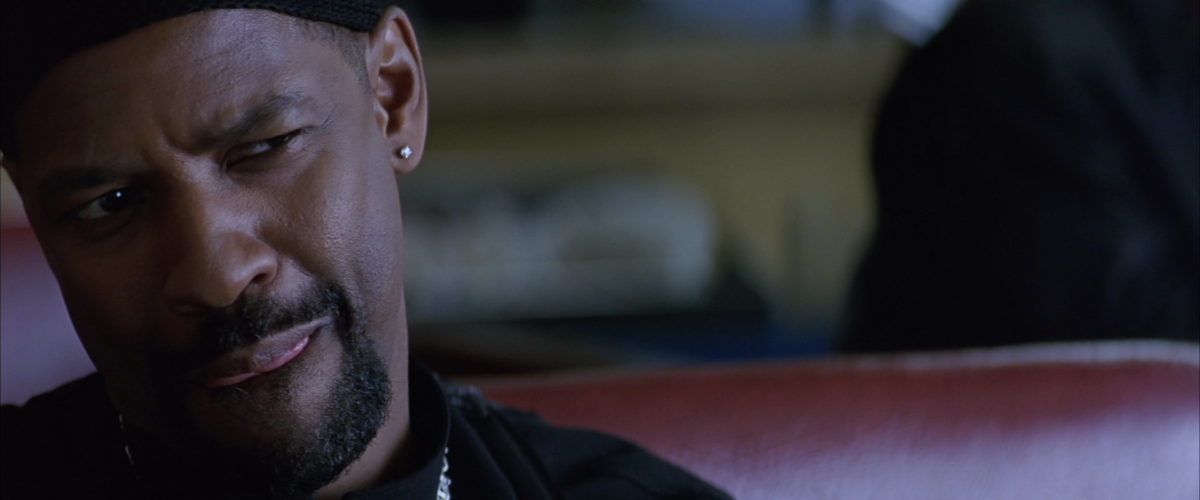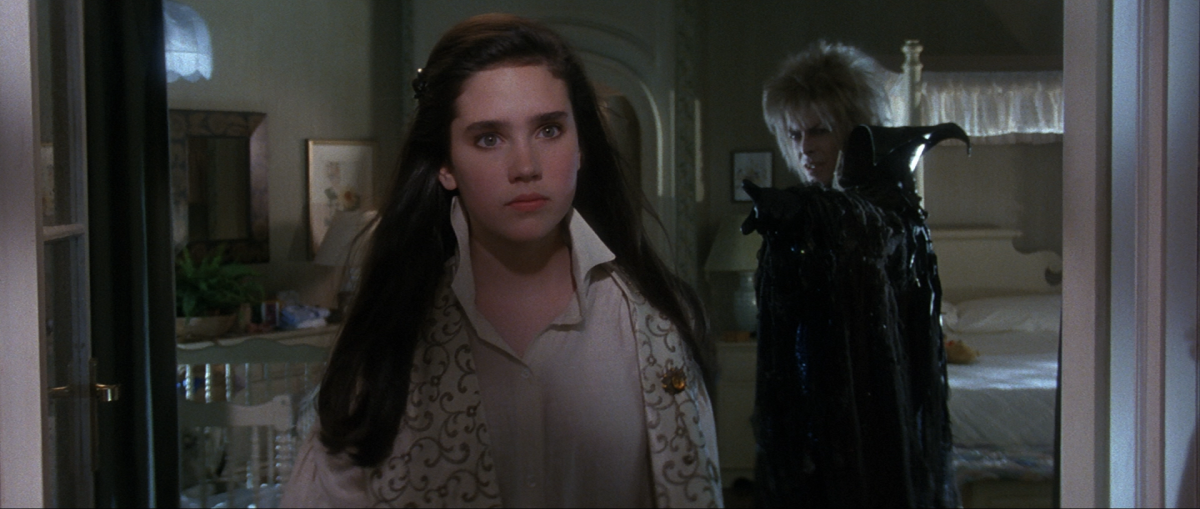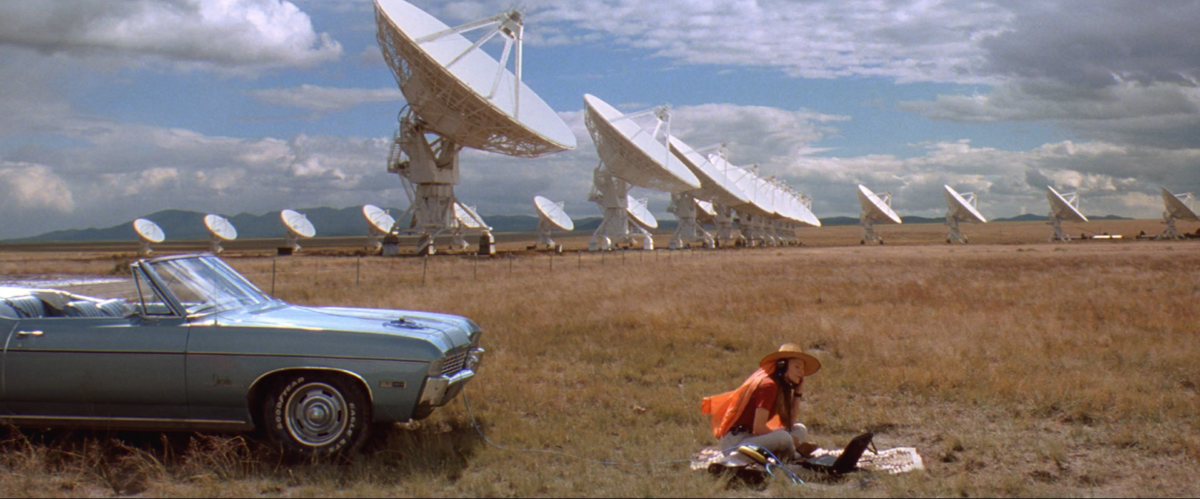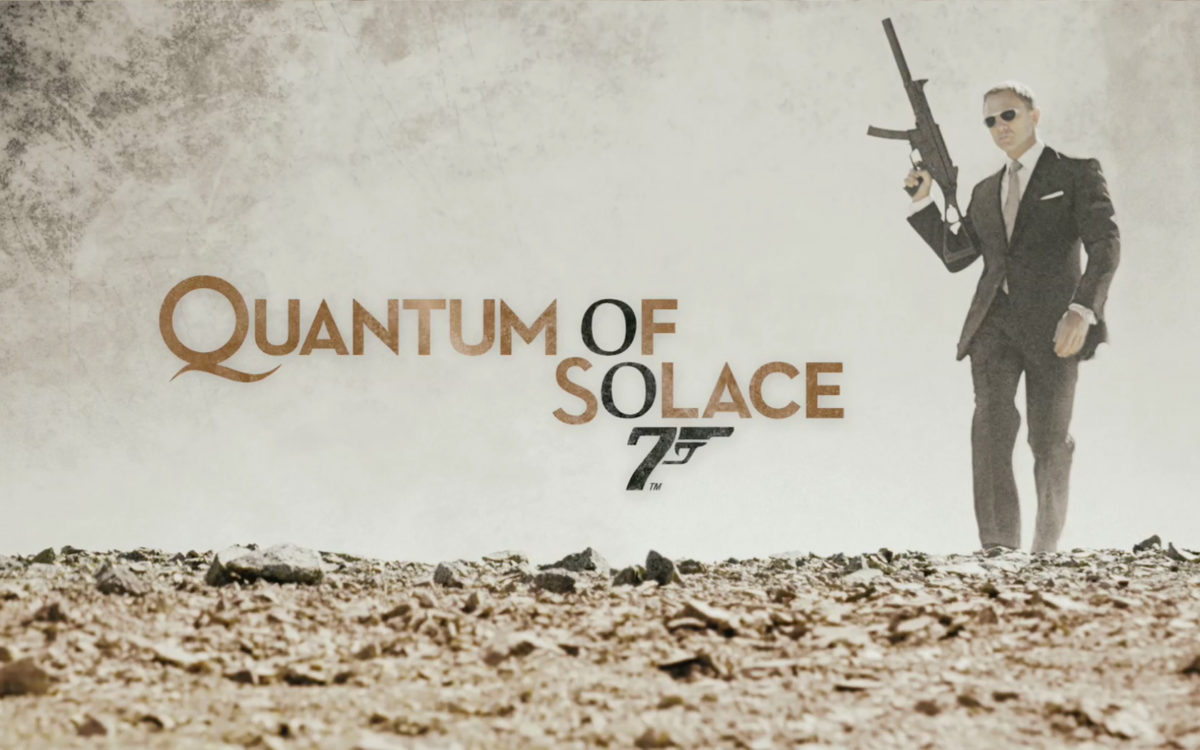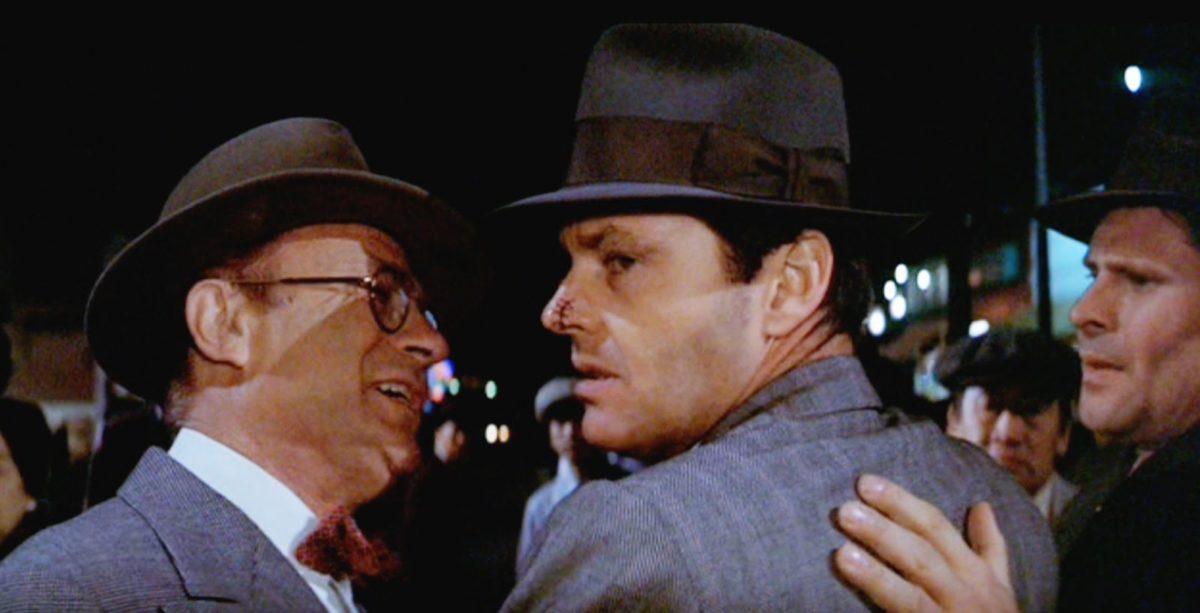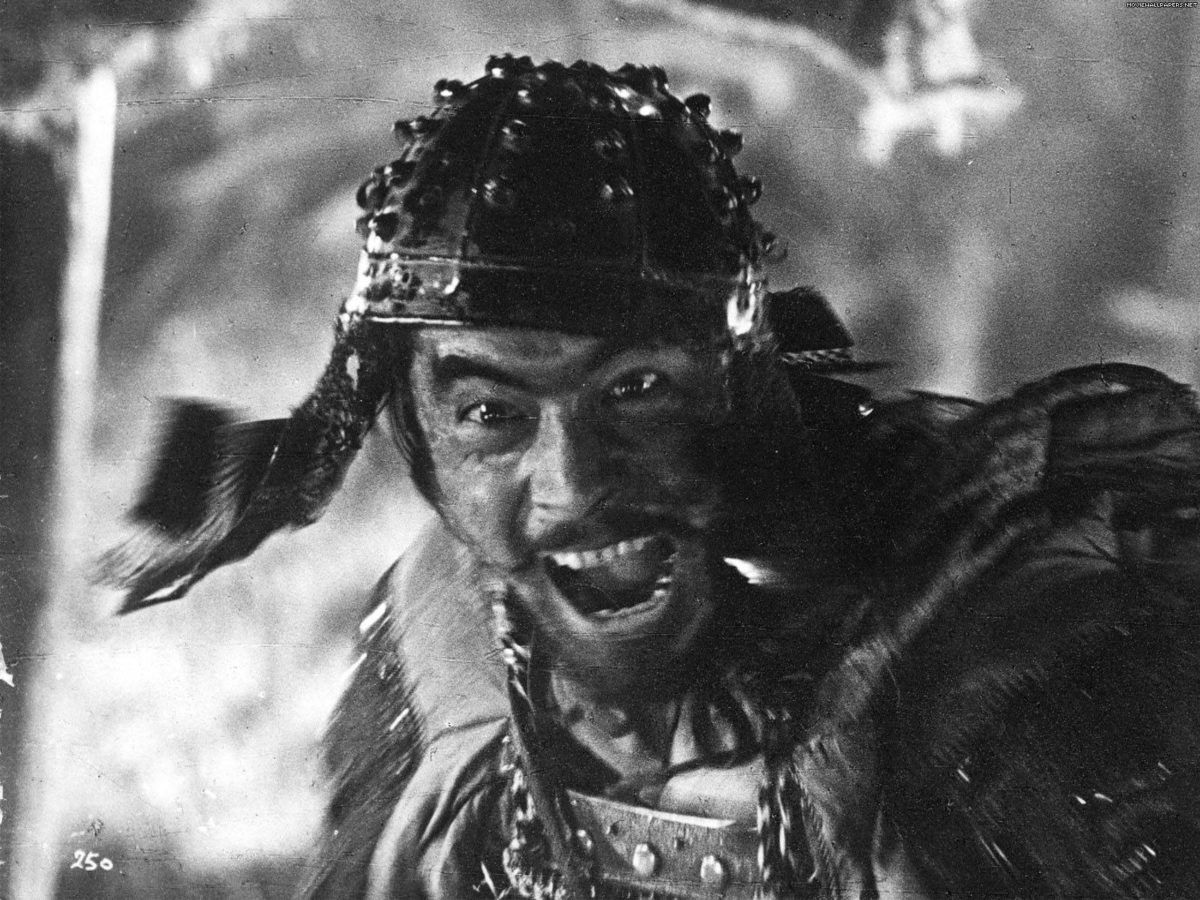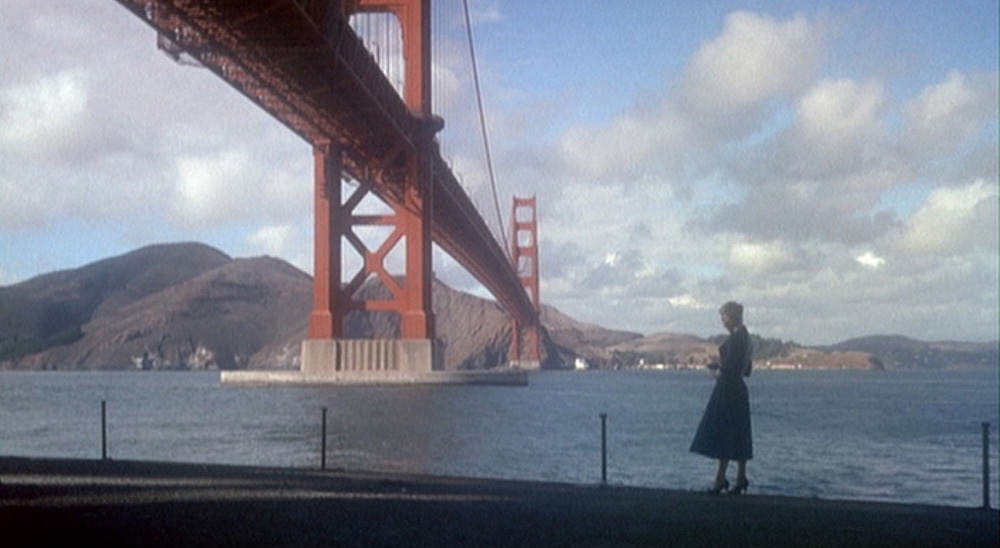
Category Archives: Decade
Denzel Washington – Top 5 Performances
If you are a fan of the awards scene like I am you probably saw that Denzel Washington took home the Cecil B. DeMille Award for Lifetime Achievement at the Golden Globes on Sunday. I think he is very deserving of this honor and so I have narrowed down what I consider to be his top 5 performances. In each case, the title of the film is a link to Roger Ebert’s Original review of the film.
If you missed it, you can watch a great montage of his films and his acceptance speech (warning: His speech is endearing, but he is mostly rambling because he forgot his glasses).
5. Glory (1989)
Let me know if you agree with my Top 5 in the comments below. Maybe you are a big fan of Man on Fire, John Q, Philadelphia, or The Book of Eli, or maybe you think Denzel is overrated and you don’t like him at all. That is fine, you are entitled to your opinion, but I dare you to tell him to his face.
In Memoriam: David Bowie (1947-2016)
Roger Ebert – Labyrinth – 1986:
Roger Ebert – The Man Who Fell to Earth – 2011:
The world lost one of its true creators this weekend. David Bowie was a perpetual outsider, ahead of the curve. He made a career and a life out of living outside the norm as an alien, a misfit, a sexual adventurer, a faraway astronaut. His first film, The Man Who Fell to Earth has become a cult classic. I regret to say that I have not seen it, but hope to rectify that shortly. In the film, he plays an alien from a drought-stricken planet who journeys to Earth in search of water. Ebert remarks, “Bowie, slender, elegant, remote, evokes this alien so successfully that one could say, without irony, this was a role he was born to play.” Ebert remarked about meeting David Bowie and about his quality as an actor.
[He] has an enviable urbane charm. I met him once, and rarely have been so impressed by someone’s poise. If he hadn’t been a rock star he could have had success as an actor, playing roles such as those given to James Fox or William Hurt. Bowie demonstrated that in such films as “Merry Christmas, Mr. Lawrence,” “Absolute Beginners,” “The Hunger” and “Labyrinth.” … He is … Other. Apart. Defined within himself.
Besides his progressive, challenging, and remarkable body of work, Bowie also gifted us with his son with Mary Angela Barnett, Duncan Jones, who I believe is one of the most promising up and coming directors working today. He directed two sci-fi thrillers, Moon (2009) and Source Code (2011). Bowie has had such an impact on our popular culture and he held such respect from such a wide array of people, receiving memorial tweets from people like Madonna, Astronaut Tim Peake, Kanye West, and even the Archbishop of Canterbury Justin Welby. The world will be a slightly less interesting place with him gone.
 As I have read and heard so many people speaking fondly of him, I felt compelled to share my first memory of David Bowie. It was in the 1986 film Labyrinth, I was too young to remember seeing it when it first was released, but I recall renting the film from our local video store and watching raptly as a Sarah (Jennifer Connelly) struggled on a magical adventure to rescue her brother from Bowie’s deceptions as the goblin king Jareth.
As I have read and heard so many people speaking fondly of him, I felt compelled to share my first memory of David Bowie. It was in the 1986 film Labyrinth, I was too young to remember seeing it when it first was released, but I recall renting the film from our local video store and watching raptly as a Sarah (Jennifer Connelly) struggled on a magical adventure to rescue her brother from Bowie’s deceptions as the goblin king Jareth.
Bowie joined forces with Muppet creator Jim Henson, special-effects guru George Lucas, and screenwriter Terry Jones of Monty Python fame to produce this fantasy which reminds me of a strange blend of The Wizard of Oz, Alice in Wonderland, and Maurice Sendak’s Where the Wild Things Are.
It was a great work of Jim Henson and very ambitious. To my young mind it was a swirling and thrilling adventure. Unfortunately, I think I may have lost some of the youthful exuberance that I once possessed, because upon a re-watching a year or two ago, I was amazed at how meandering and drawn out the film is without good reason. It is longer than it should be and is lacking enough of a coherent plot to keep me attached. However, I may still dust it off again, if just to hear the soundtrack as Jareth himself composed and performed a number of songs for the film. Farewell Major Tom, God’s love be with you.
[spotify id=”spotify:user:spotify:playlist:7MQd3rOe8kuP2KDjtuiynJ” width=”300″ height=”300″ /]
Contact (1997)
Roger Ebert – First Review – 1997:
Roger Ebert – Great Movies Review – 2011:
 I watched the 1997 film, Contact, again last night and I, like Ebert, was struck with its boldness as it seeks to weave together politics, faith, and science. As an HR Manager, I have advised employees that they would be better off not discussing those topics in the workplace because they are too controversial. I spent years speaking about faith as a pastor and I am unashamedly and evangelically Christian.
I watched the 1997 film, Contact, again last night and I, like Ebert, was struck with its boldness as it seeks to weave together politics, faith, and science. As an HR Manager, I have advised employees that they would be better off not discussing those topics in the workplace because they are too controversial. I spent years speaking about faith as a pastor and I am unashamedly and evangelically Christian.
However, many people don’t know that before I was called into ministry, my desire was to be a scientist. I was vacillating between organic chemistry and theoretical physics particularly quantum mechanics. I have always had a deep love for science. I seek to observe our world much like I observe movies, to look beyond the visuals to mine deeper. I seek to find truth and beauty wherever it may be found and in whatever way it may be conveyed.
As a scientist, I must concede that there is a possibility that our universe and everything in it is not the production of an Intelligent Designer. But I have experienced something so magnificent and awe-inspiring that it continually reminds me of both my insignificance and my value. I cannot deny this and it will forever shape the way that I look at the world.
I think it is important to say that I don’t agree with Roger Ebert on everything. But I believe that he would agree with me on this. Whether you are an atheist, an agnostic, or a person of faith, I encourage you to watch this film. It is beautiful, heartbreaking, majestic, and rich. If you let it speak to you, I don’t think you will walk away unchanged. And what more can we ask of a film than that?
Quantum of Solace (2008)
Roger Ebert – Original Review – 2008
 I have no particular rhyme or reason by which I am choosing these movies. I wish that Ebert’s website had a random review button, but since it doesn’t, I am looking through them alphabetically and then grabbing one that catches my eye. Today I choose the 22nd installment of the James Bond Series from 2008, Quantum of Solace. Ebert was not a fan of this film. He pretty much eviscerates it because it fell short of what he believes a Bond film is supposed to be. 2 stars.
I have no particular rhyme or reason by which I am choosing these movies. I wish that Ebert’s website had a random review button, but since it doesn’t, I am looking through them alphabetically and then grabbing one that catches my eye. Today I choose the 22nd installment of the James Bond Series from 2008, Quantum of Solace. Ebert was not a fan of this film. He pretty much eviscerates it because it fell short of what he believes a Bond film is supposed to be. 2 stars.
What did you think of the film?
[polldaddy poll=4082653]
Dead Poets Society (1989)
In honor of Robin Williams passing this week, I wanted to share my favorite of Mr. Williams’ films. His humor and exuberance was contagious. I don’t know what took him down the road of taking his own life, I only know that I am saddened to hear of his departure and know that the world is a little less happy with him out of it. Let his life and death be a reminder that even those with the largest smiles on their faces may be dealing with the darkest matters on the inside. If you are dealing with depression, please tell someone about it, get help, you are not alone.
 Dead Poets Society takes place in the halls and fields of Welton Academy, a straight-laced prep school. During the opening ceremony, we see students carrying banners displaying the principles of Tradition, Honor, Discipline, and Excellence. This serves two major purposes: it introduces the main characters and establishes the rigid environment which they are about to enter. Robin Williams plays John Keating a bright eyed literature teacher returning to his alma mater, he bucks against the traditions and conservative administrators and parents when he encourages his literature students to “Carpe Diem!”
Dead Poets Society takes place in the halls and fields of Welton Academy, a straight-laced prep school. During the opening ceremony, we see students carrying banners displaying the principles of Tradition, Honor, Discipline, and Excellence. This serves two major purposes: it introduces the main characters and establishes the rigid environment which they are about to enter. Robin Williams plays John Keating a bright eyed literature teacher returning to his alma mater, he bucks against the traditions and conservative administrators and parents when he encourages his literature students to “Carpe Diem!”
Before I go any further, I should make it clear that there will be SPOILERS AHEAD. If you have somehow missed this classic, then stop here and go watch it. Bring tissues and be prepared to be moved.
Chinatown (1974)
Roger Ebert Original 1974 review:
Roger Ebert Great Movies Review – 2000:
Based on a script by Robert Towne, directed by Roman Polanski, and starring Jack Nicholson, 1974’s Chinatown takes place in 1930s Los Angeles. Private Investigator Jake Gittes (Jack Nicholson) is hired by a woman who claims that her name is Evelyn Mulwray. She wants Gittes to follow her husband, Hollis, and discover whether he’s having an affair. Gittes gets some pictures of Hollis with a young woman and hands them over to Evelyn. The next day, the pictures are published on the front page of the newspaper and Gittes is confronted by another woman (Faye Dunaway) who explains that she — and not the woman who hired him — is the actual Evelyn Mulwray. Gittes then learns that Hollis has turned up dead, drowned in a reservoir.
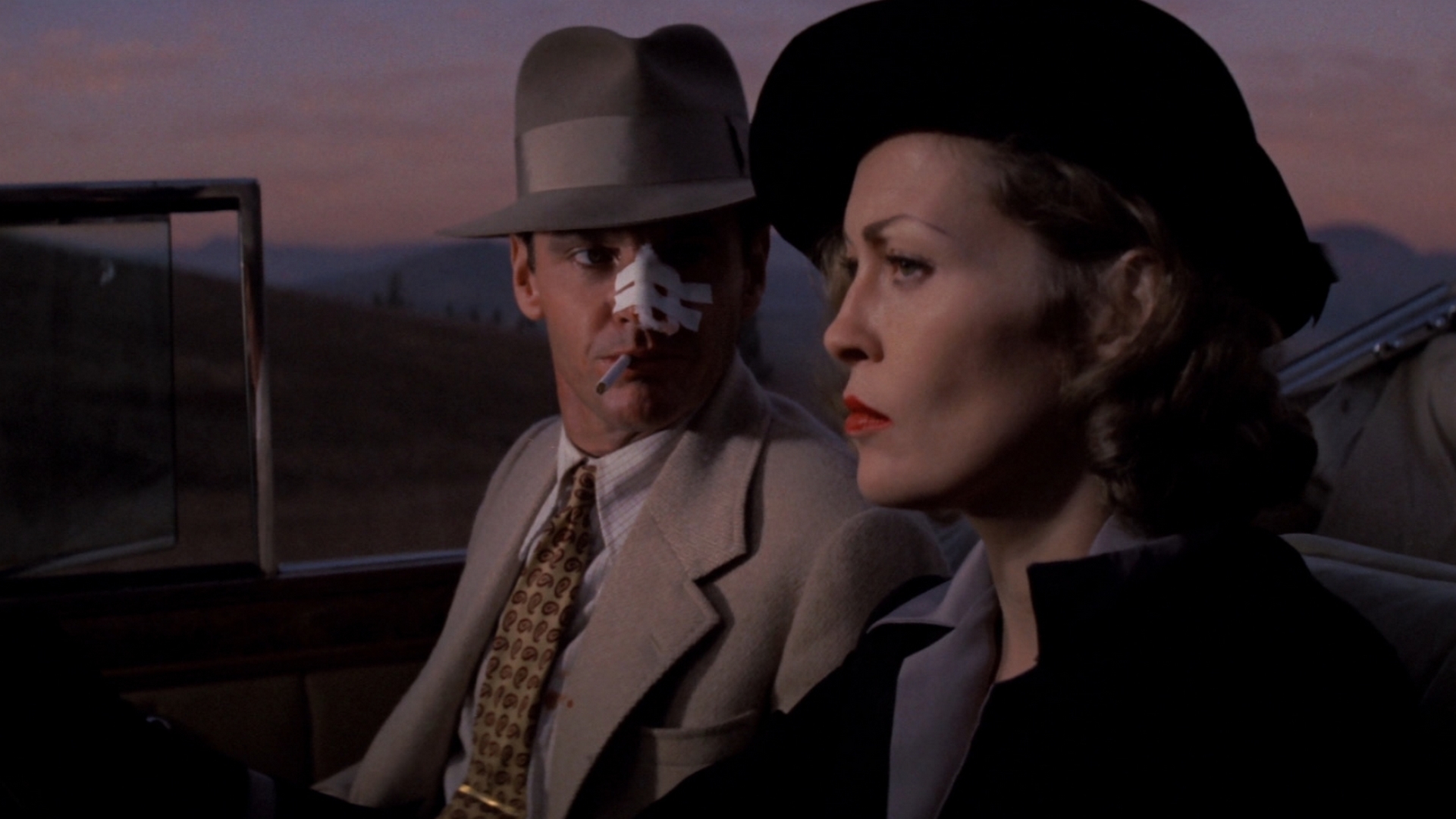 Gittes suspects that Hollis was murdered and launches his own investigation. This eventually leads Jake to Hollis’s former business partner, Noah Cross (John Huston). Noah also happens to be the father of Evelyn and he offers double Gittes’ fee if Gittes will track down Hollis’s younger girlfriend. As his investigation continues, Gittes discovers that Hollis’ murder was connected to both the continued growth of Los Angeles as a city and a truly unspeakable act that occurred several years in the past. Nobody, it turns out, is what he or she originally appears to be. I really can’t say anything more without spoiling the film for those who haven’t seen it before. Continue reading Chinatown (1974)
Gittes suspects that Hollis was murdered and launches his own investigation. This eventually leads Jake to Hollis’s former business partner, Noah Cross (John Huston). Noah also happens to be the father of Evelyn and he offers double Gittes’ fee if Gittes will track down Hollis’s younger girlfriend. As his investigation continues, Gittes discovers that Hollis’ murder was connected to both the continued growth of Los Angeles as a city and a truly unspeakable act that occurred several years in the past. Nobody, it turns out, is what he or she originally appears to be. I really can’t say anything more without spoiling the film for those who haven’t seen it before. Continue reading Chinatown (1974)
Seven Samurai (1954)
Roger Ebert – Great Movie Review – 2001:
A farming community learns that the upcoming harvest will result in a raid by a group of thieving bandits. An outspoken worker suggests that they should go to the nearest town and find a group of warriors who will protect them and help them defend their land…
Wait a second, I think I accidentally put A Bug’s Life into the DVD player instead of Seven Samurai… Sorry about that, I’m always getting those two confused. Obviously, I’m not saying that A Bug’s Life is a remake of Seven Samurai, but there is no doubt that it borrows some of its basis for a story on this original ensemble battle film, as did:
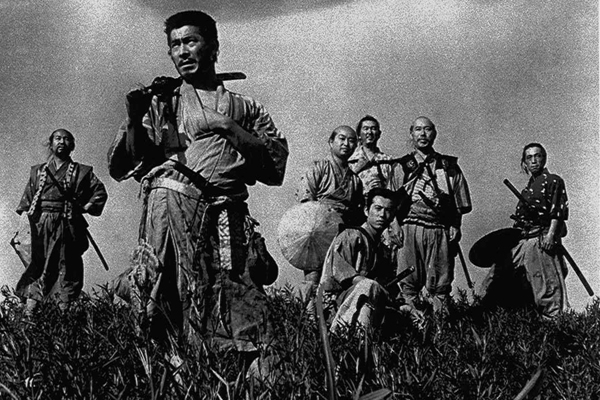 The Guns of Navarone (1961)
The Guns of Navarone (1961)
The Magnificent Seven (1960)
The Good, The Bad, and The Ugly (1966)
Bonnie and Clyde (1967)
The Dirty Dozen (1967)
The Wild Bunch (1969)
Close Encounters of the Third Kind (1977)
Battle Beyond the Stars (1980)
The Road Warrior (1982)
Die Hard (1988)
Ronin (1998)
Saving Private Ryan (1998)
The 13th Warrior (1999)
The Phantom Menace (1999)
Three Kings (1999)
Ocean’s Eleven (2001)
The Inglorious Bastards (2009)
Clearly, this Akira Kurosawa masterpiece tapped into a concept or trope that was so simple it could be the basis for kids movies, westerns, and space comedies. It is the universal desire to see the strong protect the weak and the fact that with a varied group of warriors, we can each find our own place in the story. But just because Kurosawa did it first, does that necessarily mean that this movie is great? Why has this 3 hour and 27 minute epic held the attention of the cinematic community for over 60 years. Why is this movie regarded as highly as it is? Well, let’s recount the basics of the story’s theme along with some character analysis, then we’ll look at Kurosawa’s skill as a director which I believe sheds some light on what makes this film shine after 60 years of imitators have tried to recreate its charm, power, and craftsmanship. Continue reading Seven Samurai (1954)
Aliens (1986)
Almost 30 years ago, a nearly unknown filmmaker named James Cameron created a science fiction masterpiece that changed the genre forever and became a landmark film with long reaching influence. As a pure action movie, Aliens is as well constructed and paced as any in Hollywood history. Let’s take looks back at James Cameron’s Aliens, one of the greatest films of our generation.
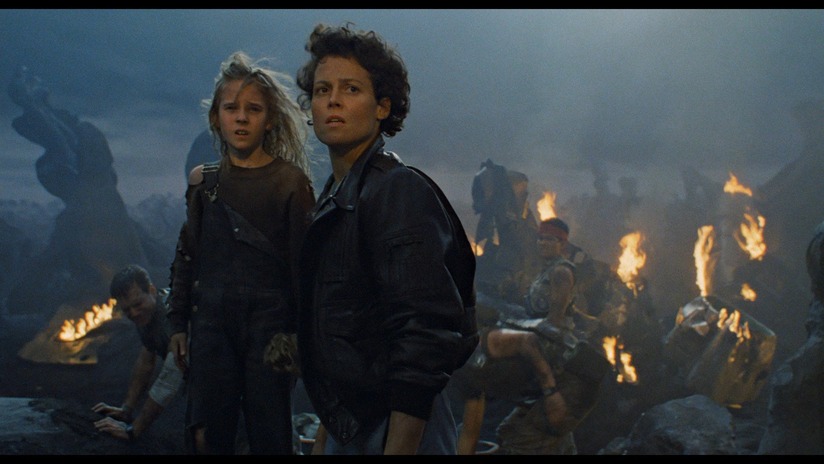 Aliens is set 57 years after the events of the first film. It begins with Ripley being rescued & revived from hypersleep after drifting in space far longer than she ever expected. After hearing her account of what happened to her former crew on Nostromo, the panel board turns down her story, revokes her space-flight license & makes her aware of the colonisation of the planet LV-426, where the alien spaceship was found in the first film. Things set in motion when the contact with the colony on planet LV-426 is lost and Ripley is requested to join a group of space marines to investigate which she, after initially refusing, finally accepts in order to face & overcome her fears.
Aliens is set 57 years after the events of the first film. It begins with Ripley being rescued & revived from hypersleep after drifting in space far longer than she ever expected. After hearing her account of what happened to her former crew on Nostromo, the panel board turns down her story, revokes her space-flight license & makes her aware of the colonisation of the planet LV-426, where the alien spaceship was found in the first film. Things set in motion when the contact with the colony on planet LV-426 is lost and Ripley is requested to join a group of space marines to investigate which she, after initially refusing, finally accepts in order to face & overcome her fears.
Given the task of following up Ridley Scott’s Alien, a lesser director would have simply provided more of the same. Another ship, and another crew to impregnate, stalk and terrorise by an apparently indestructible alien creature. It’s to James Cameron’s credit that, when he wrote and directed the sequel to Ridley Scott’s original, he chose to strike out on a different path, creating a film with its own tone, pace and themes while still adhering to various visual and narrative laws set up in the first film.
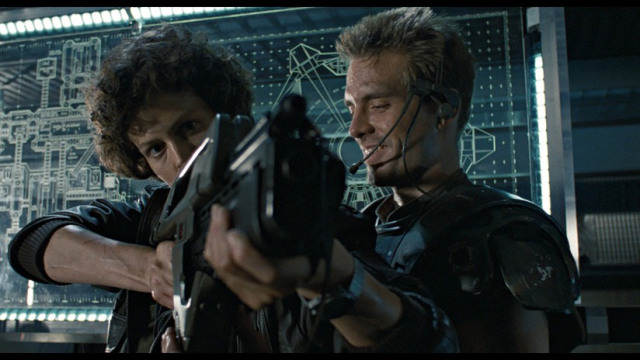 In Alien, we got to know the monster; how it grows to maturity inside an unwilling host, how it bleeds acid, and how difficult it is to kill once it’s loose. In that film, we watched a single one of these life forms tear an entire ship out from under its crew, and no matter what steps were taken to defeat it, the alien simply would not die. In Aliens, James Cameron shows us what an army of them is capable of, and by doing so transforms his movie into more than a mere sequel.
In Alien, we got to know the monster; how it grows to maturity inside an unwilling host, how it bleeds acid, and how difficult it is to kill once it’s loose. In that film, we watched a single one of these life forms tear an entire ship out from under its crew, and no matter what steps were taken to defeat it, the alien simply would not die. In Aliens, James Cameron shows us what an army of them is capable of, and by doing so transforms his movie into more than a mere sequel.
Where Alien was a comparatively slow horror thriller that prowled like a lion in undergrowth, Aliens was a war film that sped from one set piece to the next, slowly building up to a roller coaster of bombastic action. That Aliens is bigger and louder has led some to suggest that Cameron’s sequel is superior to Scott’s original, while others prefer the latter’s reliance on atmosphere and quiet suspense. But I’d suggest that, rather than either being superior, the two films complement one another in a way seldom seen in cinema.
 Alien was metaphor for sex and encountering something traumatic that could barely be comprehended, a monster that violated as well as killed, that rendered its victims chillingly powerless. Aliens is about facing trauma head on, and gaining closure in the process. In Aliens, Cameron quickly establishes that the events of the first film had caused Ripley to lose everything. By returning to LV-426, the now terraformed planet of Alien, Ripley is able to confront the trauma of her past, and in the final battle with the alien queen, ultimately overcome it.
Alien was metaphor for sex and encountering something traumatic that could barely be comprehended, a monster that violated as well as killed, that rendered its victims chillingly powerless. Aliens is about facing trauma head on, and gaining closure in the process. In Aliens, Cameron quickly establishes that the events of the first film had caused Ripley to lose everything. By returning to LV-426, the now terraformed planet of Alien, Ripley is able to confront the trauma of her past, and in the final battle with the alien queen, ultimately overcome it.
It’s also worth noting that, where Alien was cut off from any sense of society, Aliens gives a greater sense of social order. We even see the ant-like hierarchy of the aliens themselves, with soldier aliens protecting the egg-laying queen. We even learn that the aliens can, in a basic way, be bargained with, as Ripley threatens the queen’s eggs with a flamethrower. With a quiet nod from the queen, the soldier aliens back away.
As a pure action movie, Aliens is one of the best constructed and paced in Hollywood history. Its first hour methodically reintroduces Ripley and the outfit of cocky Colonial Marines who will accompany her to LV-426. Once the action starts however, the film peels back the layers to reveal a display of pure action and suspense. Then there’s Cameron’s endlessly quotable script and broad, memorable characters. Wisecracking space marines have since become a cliché of cinema and video games. Cameron’s, headed up by Hicks, Hudson and Vasquez, are the original and still the best. And let’s not forget about that creepy android (or Artificial Person) Bishop, or the slick company representative Carter Burke. We can trust them… or can we?’
As for this film’s technical achievements, Aliens’ art direction & set designs may not have surpassed the artistic levels set in the previous film but it certainly comes close. However, the one category where this film sets a new benchmark of its time is in its state-of-the-art visual & sound effects. Visual effects are absolutely groundbreaking and that’s one part which has since become a trademark in James Cameron’s films. Sound always plays a big role in combat & horror films and is impressive here as well, be it the sound of guns blazing, aliens shrieking or explosions. Cinematography successfully creates a more evolved atmosphere of what existed in the original film. Editing is cleverly done & it successfully manages to keep the viewers gripped to their seats for 2.5 hours which goes pretty unnoticed. And finally, the score perfectly balances the tone of the film and stays in sync with the film’s content. It’s loud, terrifying, suspenseful & also touching wherever & whenever it’s supposed to be. Splendid work by composer James Horner.
Cameron’s biggest achievement in Aliens was in creating a film that dovetails so perfectly with the original Alien. Watched back to back, Alien becomes the first act to Cameron’s lengthier story. Ripley encounters the xenomorph and all the horror that comes with it in the first film, and through a mixture of circumstance and bravery, is able to put those horrors to rest in the second. This gratifying sense of closure is one reason why the attempt to create a second sequel was always doomed to failure. With Aliens, Cameron had already created an arc for Ripley’s character that was both satisfying and logical, and demonstrated that the aliens themselves, apparently indestructible in Scott’s movie, could be killed after all.
Like Cameron’s later work, Terminator 2, what makes Aliens more than just a sci-fi action thriller is the underlying emotional connection between the characters, particularly between Ripley and Newt. There are also semi-romantic undertones between Ripley and Hicks, but they are wisely kept as undertones. A full-blown romantic subplot would have interrupted the movie’s lightning fast pace. By the climax, we’re not only on the edge of our seats because of the action and tension, but because Ripley, Newt, and Hicks have come to mean something to us. When Newt is taken by the aliens to their nest, necessitating Ripley’s climactic confrontation with the Queen, it ups the stakes even further in a climax that already approaches the harrowing urgency of Alien. And the climactic battle between Ripley and the Queen is not only human vs. alien, but two mothers pitted against each other in defense of their “children.”
Even though many fans will be divided over which is a better film between Ridley Scott’s Alien & James Cameron’s Aliens, there is no denying that both films are masterpieces & immortal for their contribution to horror, action & science-fiction genres. And looking back, Aliens is indeed a perfect follow-up to Alien, not just because it explores the elements of the original beautifully, but also because it places greater emphasis on staying true to the original by following it up with an equally mesmerizing story rather than something made just for financial gains, like most sequels of today. Highly entertaining, immensely satisfying & a spectacular roller-coaster ride of non-stop action, Aliens refuses to age even after three decades and continues to rank amongst the most intense & fulfilling pieces of action films, ever. Although Aliens is strong enough to be a standalone film, it still would be a wiser move to visit the original by Ridley Scott before moving on to this one. Despite their differences, Aliens feels very much of a piece with Alien, and in retrospect, this is where the series should have ended. Unfortunately, opportunities to continue milking a franchise for box office profits often supersede creative integrity, but the shortcomings of the following installments do not diminish what Ridley Scott and James Cameron achieved with Alien and Aliens.
Vertigo (1958)
 Vertigo is a psychological thriller film directed by Alfred Hitchcock. The film stars Jimmy Stewart as a former police detective John “Scottie” Ferguson, who has been forced into early retirement due to his discovery of crippling acrophobia and vertigo. Scottie is hired as a private investigator to follow a woman, Madeleine Elster (Kim Novak) who is behaving peculiarly. The film received mixed reviews upon initial release, but has garnered acclaim since and is now often cited as one of the defining works of his career. It is currently listed at #65 on the IMDb Top 250, which I think is a travesty. It shows you what type of list the IMDb Top 250 is, to see this film and others, like Citizen Kane, outside of the top 50, but The Dark Knight currently holds the #4 place. But in the 2012 British Film Institute’s Sight & Sound critics’ poll, it replaced Citizen Kane as the best film of all time and has appeared repeatedly in best film polls by the American Film Institute.
Vertigo is a psychological thriller film directed by Alfred Hitchcock. The film stars Jimmy Stewart as a former police detective John “Scottie” Ferguson, who has been forced into early retirement due to his discovery of crippling acrophobia and vertigo. Scottie is hired as a private investigator to follow a woman, Madeleine Elster (Kim Novak) who is behaving peculiarly. The film received mixed reviews upon initial release, but has garnered acclaim since and is now often cited as one of the defining works of his career. It is currently listed at #65 on the IMDb Top 250, which I think is a travesty. It shows you what type of list the IMDb Top 250 is, to see this film and others, like Citizen Kane, outside of the top 50, but The Dark Knight currently holds the #4 place. But in the 2012 British Film Institute’s Sight & Sound critics’ poll, it replaced Citizen Kane as the best film of all time and has appeared repeatedly in best film polls by the American Film Institute.
I have to confess. This is one of those movies that you hear about and want to watch because others say it is so good. I’ve had it on my watch-list for years. This was one of the many Alfred Hitchcock films that my parents owned. But for some reason, unlike North by Northwest or The Birds or Psycho, I just never got around to watching this one. But I finally tackled this one on Saturday last year and have been digesting it ever since. This draft has literally been sitting in my project pile since March 2013 and if WordPress is correct in its count, I have made 67 different revisions in that time. Well, I finally watched it again tonight with the purpose of finishing what I started.
http://www.youtube.com/watch?v=b69YGZizcKc
Ebert’s Great Movies Review from 1996
*** SPOILER ALERT *** Because of the nature of this film, I must warn anyone who reads further on that the rest of this review will contain spoilers. Please take the time to watch this classic before reading any more. *** SPOILER ALERT *** Continue reading Vertigo (1958)
